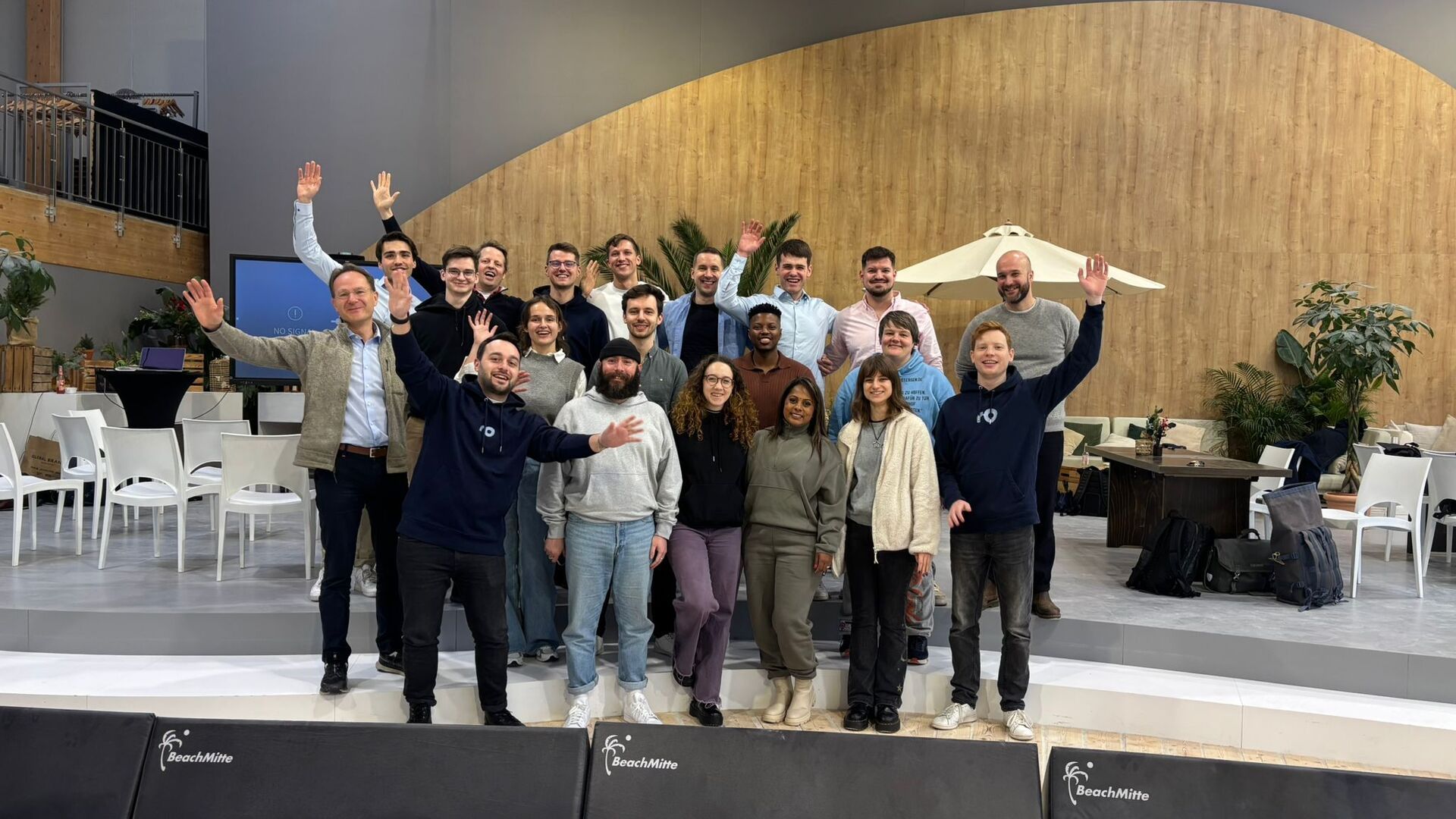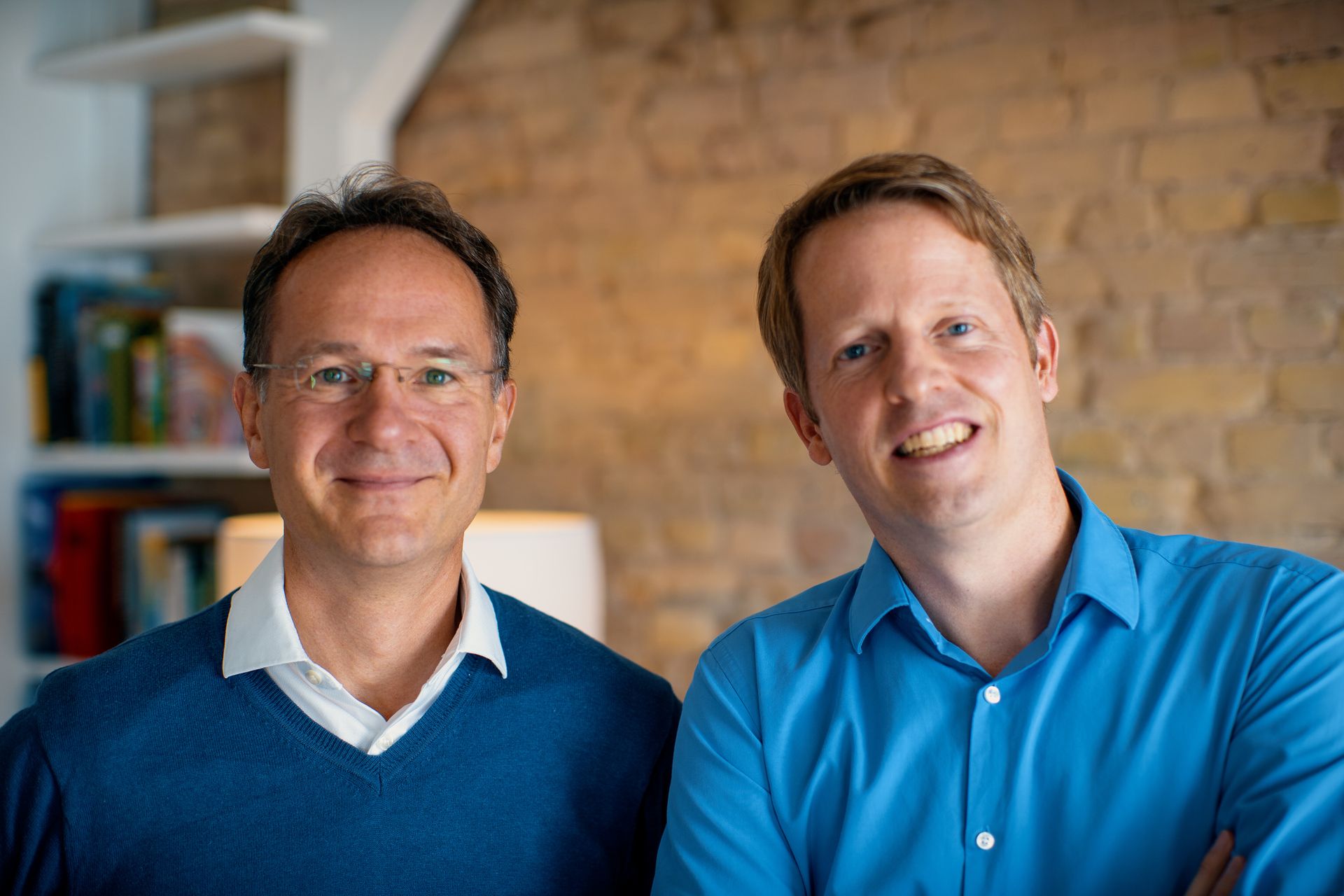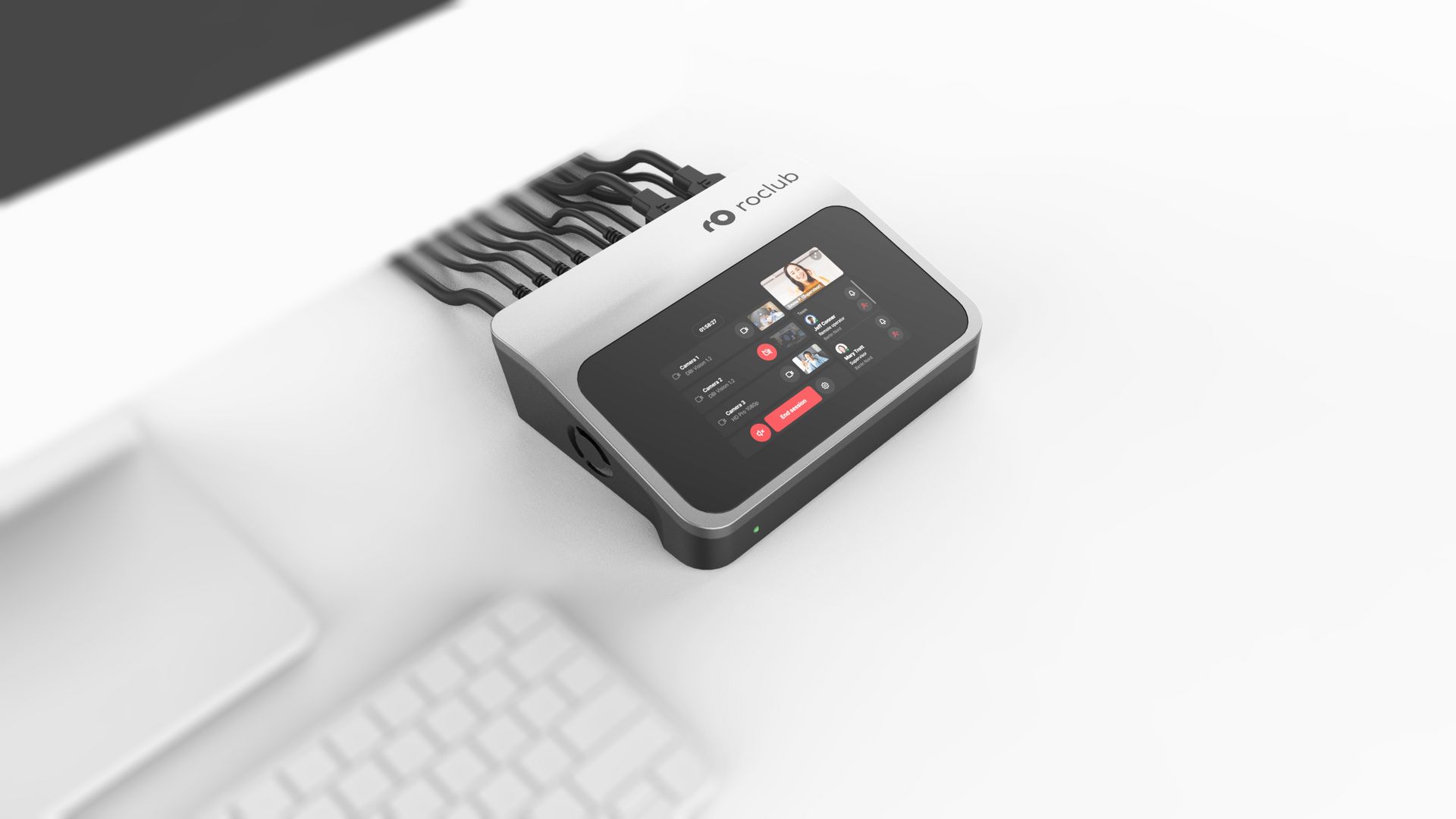
The Roclub team / Roclub
By 2030, the world could face a shortage of more than 10 million health workers worldwide, but closing that gap could add up to 189 million years of life.
Filling that shortage will require not only more doctors, nurses, scientists and technicians, but also innovative healthtech solutions that change the way existing healthcare workers operate.
Berlin-based Roclub (short for ‘remote operations club’) has raised an $11.7m Series A round led by Smedvig Ventures and YZR to transform the way technicians in the space work using cloud-based technology and a smartphone-sized device to dramatically increase the number of procedures they can oversee.
Currently technical specialists work on a 1:1 basis — one technician to one machine. Sometimes it’s even 2:1 if there’s an assistant involved.
Roclub’s cloud-based teleoperation platform aims to shift that relationship to 1:many by enabling operators to connect their small device to medical equipment from multiple vendors and modalities and then operate remotely.
“There are people working from home, they don't have to commute anymore, they don't have to travel [where they would be] losing time for travel and in a market which is super short on medical technologists,” Roclub co-founder and managing director André Glardon tells Pathfounders.

Co-founders Matthias Issing and André Glardon / Courtesy of Roclub
With the correct accreditations, one specialist could be monitoring two or three machines in as many different countries. The device duplicates the user interface on site and emulates it on the technician’s monitor wherever they are with a second mouse and keyboard that’s transmitted to the cloud.
The technology doesn’t remove the need for someone on site, but allows the specialist to run the machine from another location with a digitised interface on their end and the option to communicate with patients by phone or video.
Currently operating across 10 countries in Europe, it plans to use the funds to further develop the technology and continue its US expansion.
“If you're looking to the US it's a double digit amount of people that are missing in the centers, which is getting more and more dramatic every year because there is more and more equipment that needs to be installed because there is more and more demand in the market,” Glardon says. “But there is less and less staff who can perform that examination so that there are two curves going directly in the opposite direction.”
Glardon co-founded Roclub alongside Matthias Issing. Both serial founders, the pair previously co-founded a large chain of diagnostic imaging centres across Europe where they saw firsthand how staff shortages led to idle machines, lost revenue and overworked teams.
Roclub started in radiology, with MRIs and CT scans and selling directly to radiologists, but there are plans to expand into ultrasounds, nuclear medicine, interventional units and cardiology.
This technology has been available for radiologists for years, Glardon says, but the technologists producing data sets and clinical images have been left behind.
Currently with Roclub, one operator can easily work across two or three connections, but there are plans to invest in AI-based technology that would help increase the number of machines each specialist can work on at once.

Courtesy of Roclub
Alongside the connector, Roclub has also launched a marketplace that functions like a freelance database, connecting technicians and bridging staff shortages.
“It’s pretty much like Uber for healthcare,” Glardon says. The platform, currently live in Europe and being piloted in the US, lets hospitals and clinics medical book technicians to run their machines or support staff remotely.
While improving the efficiency for current specialists, the hope is also that by making the technician’s role more attractive — they can now work from home and make more money than before — more people will be encouraged to pursue the profession and in turn help to close the healthcare worker gap.
